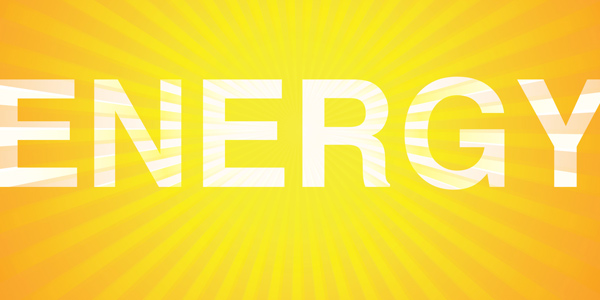Energy: The Basics provides a vibrant, interactive platform for investigating the nature of energy and energy resources.
•Engaging videos, animations and in-depth articles give the reader the foundation to understand what energy is and where it comes from.
•Career spotlight videos also give students a behind-the-scenes glimpse of diverse jobs in the renewable energy industry, supporting STEM workforce development.
•The 55-page book is divided into two chapters: The Science of Energy and Energy Resources.
Energy: Use and Efficiency explores how humans use energy — from generating electricity to developing energy efficient technologies.
•High-quality videos, interactive elements, and explanatory text provide students with real-world examples of human energy use, and its applications now and in the future.
•The 40-page book is divided into three chapters: Human Energy Use, Electricity and the Grid, and Energy Efficiency.
“Energy is one of the most important, yet least understood, challenges facing humanity,” says Sally Benson, director of Stanford's Precourt Institute for Energy. “Promoting energy literacy is a central part of our mission and we are delighted to have the opportunity to combine our expertise in this field with that of KQED in science media to develop truly in-depth, engaging resources about one of the most vital topics of our time.”
“KQED is committed to using cutting-edge media and technical tools to create resources for both formal and informal teaching and learning. As iPads become more prevalent in the classroom, expanding our Multi-Touch science book collection is another way for us to distribute our relevant education content to teachers and students in an interactive, easy-to-navigate package,” says Tim Olson, KQED’s vice president of digital media and education.
The iBooks Textbooks collection from KQED includes:
• Biotechnology, which explores the basics of biotechnology and how developments in the field impact our lives, our health and future innovations.
• Earthquake, created in partnership with the California Academy of Sciences, examines the science behind earthquakes and the forces that shape our planet.
• River Delta, developed in partnership with the East Bay Regional Park District, dives into the diverse ecosystem of the Sacramento-San Joaquin Delta, and its complex engineering and water use issues that affect natural resources, people and wildlife.
iBooks Textbooks from KQED are available for download on iBooks Store free of charge. Find out more about KQED’s collection at KQED.org/ebook.
iBooks Textbooks from KQED are produced by the award-winning KQED Science team, the largest science and environment reporting unit in California. Yael Braha, freelance information designer, and Andrea Aust, KQED Science education manager, are the principal producers of Energy: The Basics and Energy: Use and Efficiency, with assistance from Lauren Farrar, KQED Science education media producer. The principal writer of the Energy e-book series is Matthew Inman, science educator and 2012 Albert Einstein Distinguished Educator Fellow at the U.S. Department of Energy.
About KQED
KQED serves the people of Northern California with a public-supported alternative to commercial media. Home to one of the most listened-to public radio stations in the nation, one of the highest-rated public television services, an award-winning education program, and as a leader and innovator in interactive technology, KQED takes people of all ages on journeys of exploration — exposing them to new people, places and ideas.
About The Precourt Institute for Energy at Stanford University
The Precourt Institute for Energy serves as the hub of energy research and education at Stanford University. Established in 2009, the Precourt Institute seeks to transform energy by supporting cutting-edge research and facilitating collaboration. Precourt also helps to develop energy-literate leaders and communities through educational programs and the dissemination of research results.

